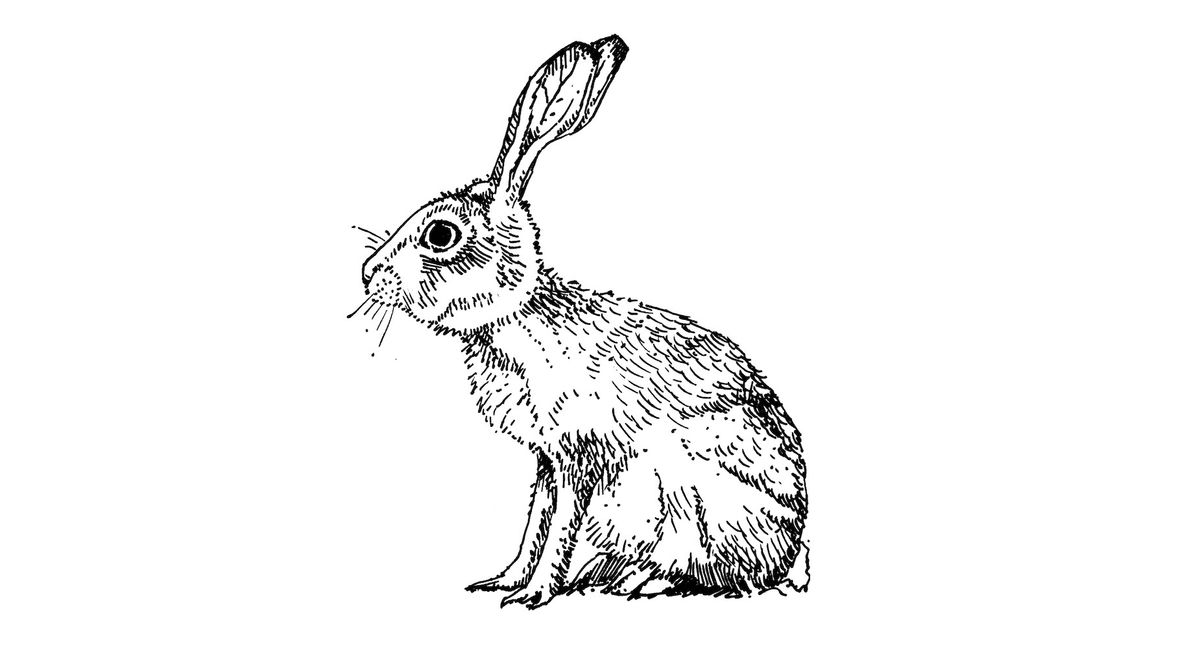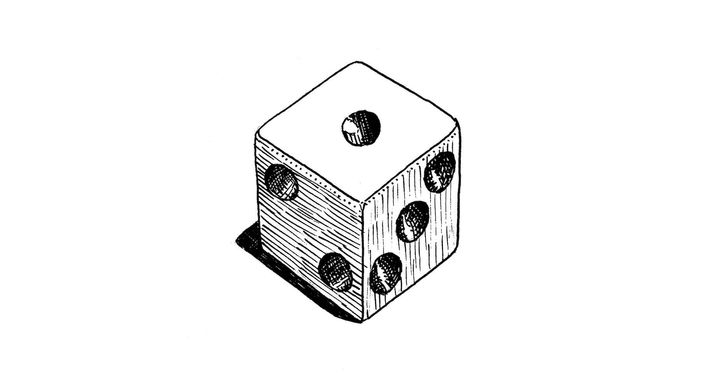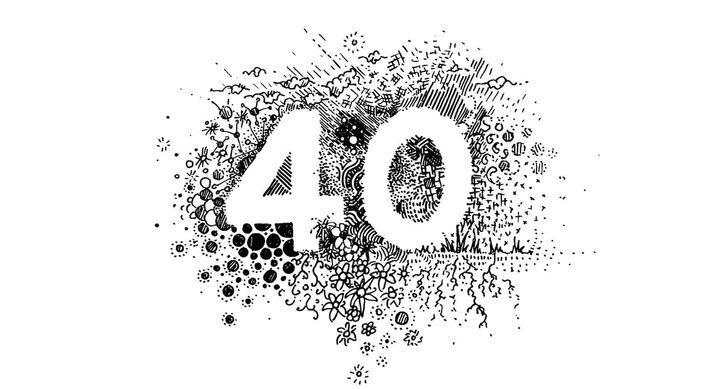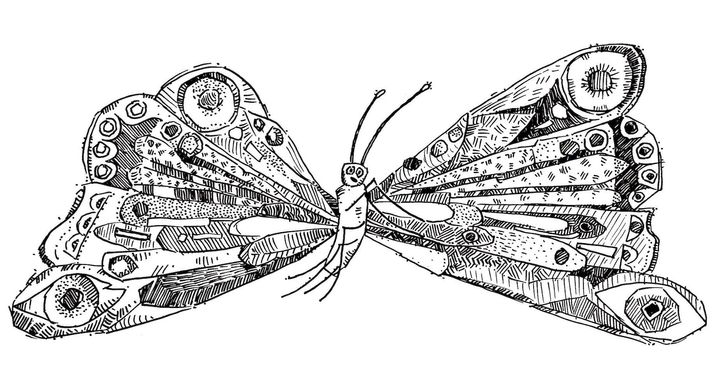A Kiwi tendency for homophones
Bears, hares and wondering where – notes on the hilarious linguistic laziness of Kiwi English

homophone, noun
each of two or more words having the same pronunciation but different meanings, origins, or spelling, for example new and knew
— Oxford Dictionary
Kiwi English exercises more homophones in general discourse, I believe, than other forms of English. My theory is that this is an extension of the generally relaxed, informal behaviour of New Zealand’s occupants. We just don’t make the effort to distinguish between words like “hair” and “here”. Sometimes we just trail off on a word without adding the final consonant, or even add a more casual consonant, so “pool” becomes “poow”.
That’s not to say that everyone living in New Zealand is entirely relaxed about their vowel sounds. Our news presenters, for example, were once all champion enunciators, back when they spoke like they’d only recently left the BBC. But that now seems something of a rarity.
This linguistic laxness has gotten me into trouble, on more than one occasion. A listener hears something different to what I intended to say. Or there’s a dispute as to whether two words really can be delivered differently. Notes below.
Bear, beer, bare
I once had an extraordinary conversation with a Canadian girl in an Invercargill backpackers. Her name was Jane, and she worked in the forest fire service back in Canada, which was fascinating to me.
“Do you have bears in the forest?” I asked.
“Huh? Um, well, sometimes in the camp,” Jane answered.
“What? You have... bears in your camp?” I said.
“Well, yeah, sometimes. When we want to relax,” Jane said.
“Actual... bears?” I said.
“Well, yeah. It’s pretty normal,” Jane said.
We both tilted our heads at each other, puzzled.
“I’m talking about bears. You know, grarrrr.” Here I raised my hands demonstrating paws with claws, and mimed a mauling.
“Oh, okay. No, I thought you meant beers, as in glug glug glug.”
We didn’t end up working “bare” into a sentence, but if we had, I would have said it the same as “beer” and “bear”, it would have been impassably confusing.
Fairy, ferry
Our good friends Ruth (originally from the UK) and Tony (originally from South Africa) used to live on the waterfront in Breaker Bay. We stayed with them for a while, and each day we were there, we’d see the ferry departing the North Island on its way to the South.
“I love the view you have, of the ferry coming and going,” I’d say.
“Oh Richard, it’s not ‘fairy’, it’s ‘ferry’,” Ruth would say. I could tell they were different-sounding words when Ruth pronounced them. But if I was asked to say which was which, I wouldn’t have been able to.
I’d comment on the ferry whenever I noticed it, just to get a laugh out of Ruth, who would shake her head at this strange man marvelling at magical creatures beyond the bottom of her garden.
Hair, here, hare
When I taught English at Paraparaumu College, there was a girl in my year 10 class, Bella, whose family had recently moved to New Zealand from the UK. Bella was shocked at the linguistic laziness of our English.
“I know, Bella, but we just don’t really make that much of a distinction with our pronunciation. The words for ‘hair’, ‘here’ and ‘hare’ don’t sound all that different,” I said, acting out each of the words for clarity, ending with bunny-ear fingers curled behind my head.
“Of course they do!” Bella snapped. “Listen! Hair, here, hare.” She looked around at the students sitting in her group, for confirmation that they were now enlightened, but they just shrugged. Bella’s eyes went wide, as though just realising she’d emigrated to a country populated by hamsters.
“I can hear the difference when you say them,” I offered, but Bella just looked at me like I should hand over my teaching registration on the spot and go find a profession that didn’t require me to speak words.
“The word ‘hare’ is particularly difficult,” I said. “But you don’t hear it that often.”
“Then how can you even ever say the word for the animal ‘hare’?” Bella asked.
“We just say ‘rabbit’,” the student next to her offered, smiling.
Bella exhaled heavily, and rolled her eyes.
Where, ware, Weir
Emma, a flatmate of mine in 2003, used to read the news for the national radio station. We got into a discussion about whether there was really any difference between the “Warehouse” (a chain of huge New Zealand retail outlets) and “Weir House” (a university hostel in Wellington).
“There’s no difference,” I said. “I could even say ‘where’, as in what location, and it would be exactly the same.”
“Oh Rich,” Emma said, “of course they’re different. Listen: Weir and ware.”
I could tell by Emma’s correct posture and the way she whisked extra breath through the vowel sounds that yes, they could sound different. But I was convinced it was Emma’s newsreader training that gave her these special powers; and once again, I doubted I could pick which was which, if I wasn’t handed the context on a plate.
“Okay,” I said. “Let me try. WHERE... WEIR... WARE.” I paused. “There. Could you tell the difference?”
Emma nearly slipped off her seat laughing. I must have come across like a confused outlander with a speech impediment trying to sound like a duke.



Comments ()